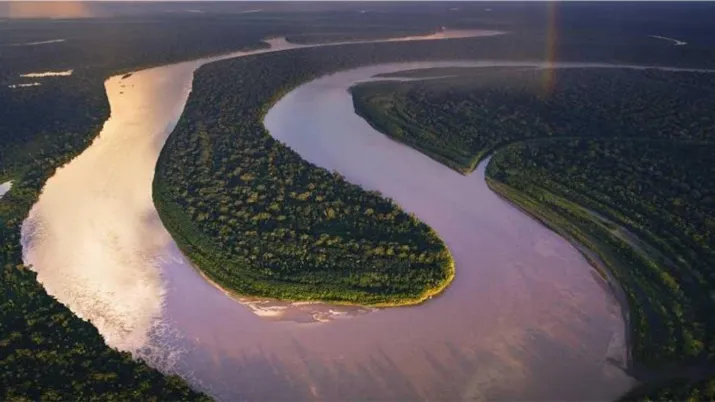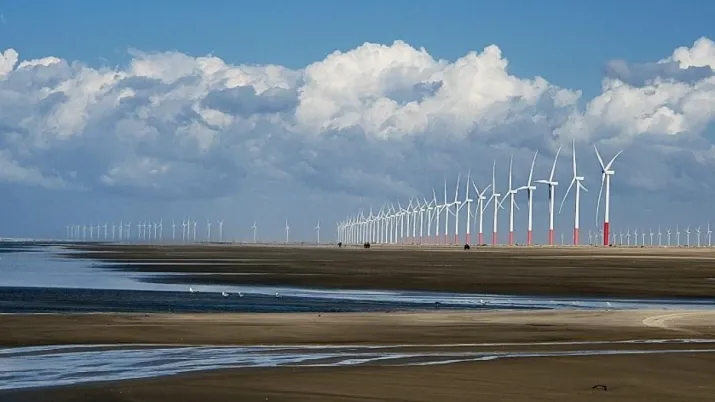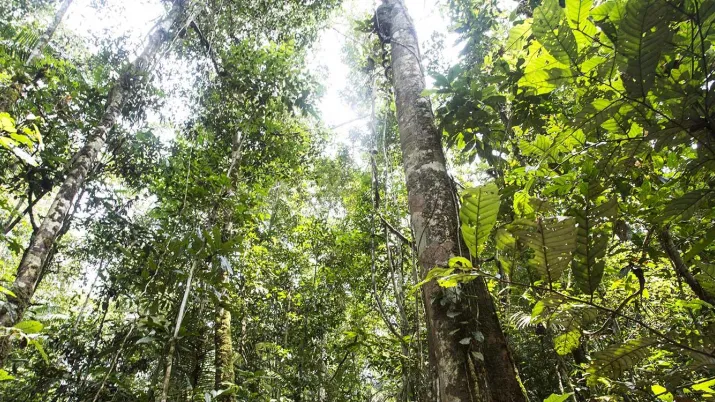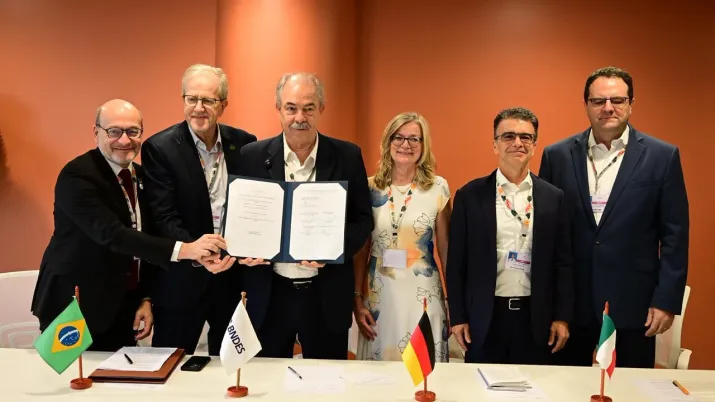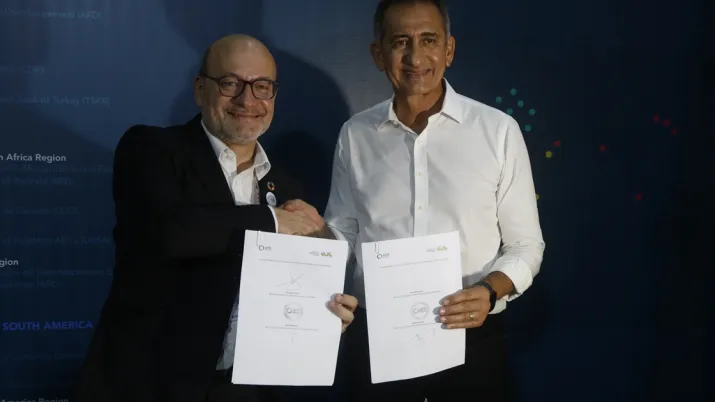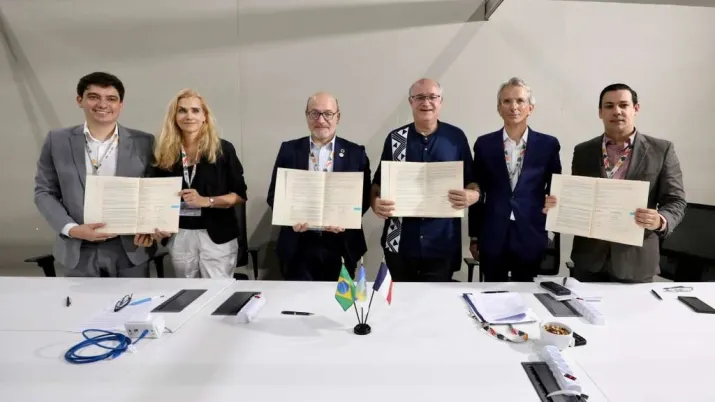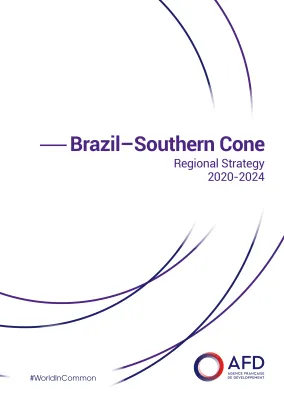Share the page
Brazil
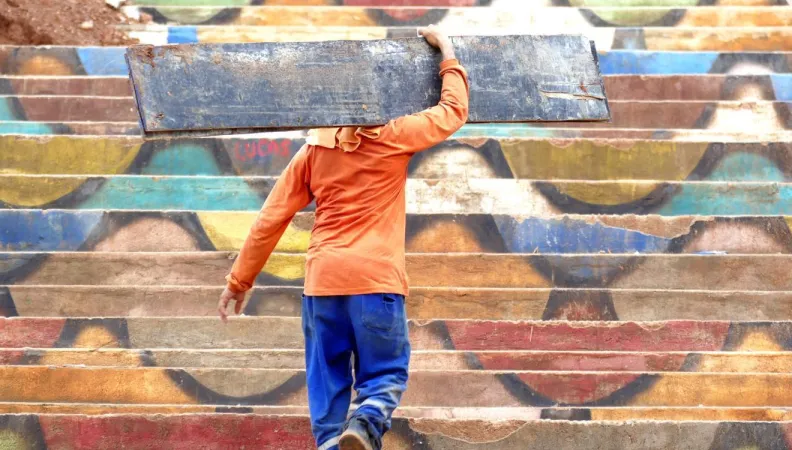
In Brazil, AFD Group supports the transition toward a more inclusive, low-carbon, and climate-resilient development model. In line with international commitments on sustainable development and climate change, AFD Group deploys its financial tools to support stakeholders engaged in transforming territories. Its actions focus on three main priorities:
• Support more balanced and inclusive urban and territorial development, benefiting all populations
• Strengthen the resilience of territories and communities to the effects of climate change
• Mobilize financial system actors to accelerate the implementation of the 2030 Agenda
These strategic priorities are supported by two cross-cutting themes: “climate/nature” and “gender/diversity/inclusion”.
Context
A vast continental country accounting for over half of South America's population (213 million inhabitants), Brazil holds a unique position on the international stage. As a key player in the Global South, Brazil aspires to play a leading role among nations, with significant geopolitical influence both within regional institutions (such as UNASUR and MERCOSUR) and through its trade and investment ties with the rest of the world.
This ambition is especially evident in the environmental sphere: the country hosts over half of the world's biodiversity and faces intense pressure from extractive and agricultural industries on its natural resources, which are vital for climate regulation. Brazil shares a 730 km land border with French Guiana, making it France’s longest terrestrial neighbor.
The world’s 9th largest economy and Latin America’s biggest, Brazil boasts a large domestic market, a diversified economy, and a resilient financial system. However, its growth remains insufficient and uneven in addressing persistent social and territorial challenges such as poverty reduction, unemployment, job formalization, income distribution, and the development of the North and Northeast states.
Active in Brazil since 2007, Agence Française de Développement (AFD) supports sustainable and inclusive development, placing the fight against climate change and social inclusion at the heart of its action. AFD Group’s work in Brazil is aligned with the new action plan of the France–Brazil strategic partnership, adopted during President Emmanuel Macron’s state visit to Brazil in March 2024.
Through its various entities in the country (AFD, Proparco, Expertise France, STOA), AFD Group works in partnership with Brazilian and French stakeholders via an integrated “Group” approach: financing public policies and projects (AFD), supporting the private sector (Proparco and STOA), and mobilizing technical expertise (Expertise France).
Our approach
"AFD and Brazil: supporting transitions to low-carbon, resilient and equitable development"
Brazil’s major cities face urgent needs for urban infrastructure and public services. To address these challenges, local authorities are implementing ambitious modernization policies under the new Growth Acceleration Program (Novo PAC) launched in 2023 by the federal government.
AFD supports this momentum by financing low-carbon urban projects that are socially inclusive and integrated into local territories. Particular attention is given to innovation, reducing inequalities—especially gender-based—and bridging territorial divides. Sustainable infrastructure forms a core pillar of this action:
- In the water and sanitation sector, AFD supports network expansion, loss reduction, and sustainable resource management, in partnership with public and private operators and local authorities (SDG 6).
- In the mobility sector, AFD supports the development of low-carbon transport networks (bus, rail) that are vital to cities, while promoting French expertise in soft mobility, intermodality, and urban planning (SDG 11).
- In the field of urban biodiversity, AFD promotes the deliberate integration of nature into urban projects, tailored to local contexts. These nature-based solutions contribute to the health and well-being of residents, support local employment, strengthen resilience to climate and natural risks, and help build fairer and more attractive cities (SDG 15).
Promote sustainable and inclusive urban infrastructure (urban planning, mobility, waste management)
Support the development of renewable energy and energy efficiency
Promote universal access to safe drinking water and sanitation services
Although Brazil is generally considered relatively resilient to climate change, certain states, such as Rio Grande do Sul, remain particularly vulnerable. Recent extreme weather events have caused one of the largest natural disasters ever recorded in the country, with significant damage and major economic repercussions across multiple sectors.
In this context, AFD Group finances projects led by states, municipalities, public enterprises, and financial institutions that contribute to Brazil’s ecological transition while preserving its natural resources and ecosystems.
This territorial approach makes it possible to deliver tailored solutions based on local realities, through adapted tools:
- Sovereign loans for state and municipal projects and programs;
- Non-sovereign loans for public enterprises and development banks.
Improve agricultural practices and land use planning
Support the reduction of natural disaster risks linked to climate change
Implement sustainable natural resource and ecosystem management projects
As part of its Ecological Transition Plan, the Brazilian government is driving efforts to green financial policies and develop financial instruments to support the emergence of a low-carbon, more resilient, and equitable economic model.
With a solid and diversified financial system, Brazil can rely on actors within the National Development System (SNF) and private financial institutions to support this transition.
Supporting the development of a sustainable, inclusive, and responsible financial system has been one of AFD Group’s core areas of action in Brazil for over a decade (€1.8 billion in commitments from 2013 to 2024).
In this context, AFD Group supports public financial institutions and selected private banks involved in financing public policies for sustainable development. AFD also works with the National Association of Development Banks (ABDE), thereby promoting the sustainable finance agenda in Brazil.
Through Expertise France, AFD also delivers technical assistance on green finance to the Central Bank of Brazil (BCB).
Support Brazil’s public authorities in advancing their sustainable finance agenda
Develop sustainable finance tools within financial institutions
Support financing and innovation in the bio-economy sector
Below, find the country's projects, news, publications, and contact details in one click.
Projects
News & Press Releases
Brazil and France join forces to support inclusive, low-carbon regional development
Published on November 13, 2025
Brazil and France launch pioneering subsea infrastructure to connect the Amazon to global internet networks
Published on November 13, 2025
Key figures
-
+70 projects underway
-
3.4 billion net exposure by end-2024 (€2.6 billion AFD / €0.8 billion Proparco)
-
400,000 individuals with improved access to water and sanitation

